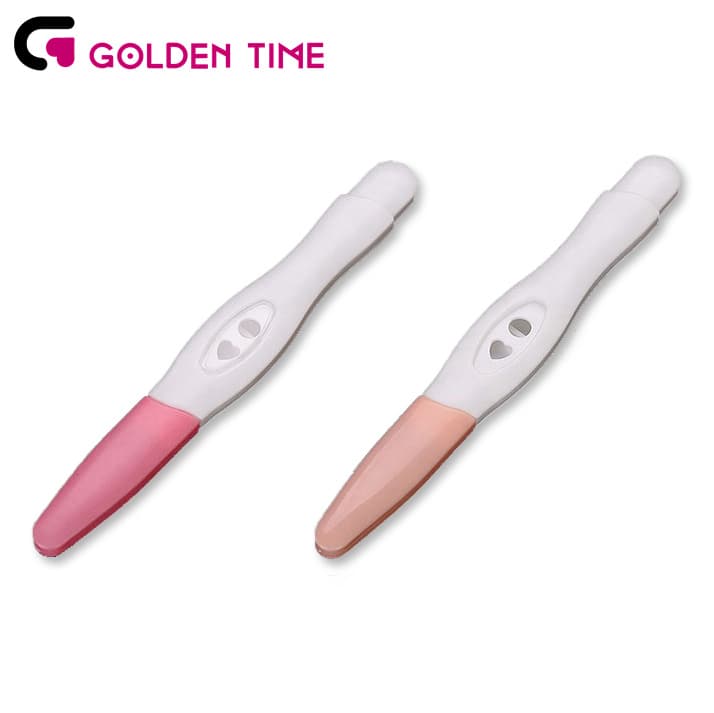Dec . 18, 2024 22:48 Back to list
hcv blood test supplier
Understanding HCV Blood Tests and Choosing the Right Supplier
Hepatitis C Virus (HCV) is a significant global health concern, affecting millions of people worldwide. The virus primarily spreads through blood-to-blood contact, often through sharing needles or other equipment to inject drugs. Testing for HCV is crucial to identify infected individuals, monitor disease progression, and facilitate timely treatment. In recent years, the demand for reliable HCV blood tests has surged, giving rise to various suppliers in the market. This article explores the types of HCV blood tests available and the criteria to consider when choosing a supplier.
Types of HCV Blood Tests
There are primarily two types of blood tests used for the detection of HCV antibody tests and nucleic acid tests (NAT)
.1. Antibody Tests The initial screening for HCV typically involves an antibody test. This test detects antibodies that the body produces in response to the virus. A positive result indicates that a person has been exposed to HCV at some point. However, it does not confirm an active infection, as antibodies may not be present immediately after exposure. There are rapid antibody tests available that provide results within minutes, making them valuable in settings where time is of the essence.
2. Nucleic Acid Tests (NAT) If the antibody test is positive, a follow-up test called a nucleic acid test is required. NAT detects the actual presence of the virus’s RNA in the blood, confirming an active infection. This test is crucial for determining the viral load, which can inform treatment decisions and monitoring of the disease.
Some HCV tests also include genotyping, which determines the specific strain of the virus. Knowledge of the strain can help tailor treatment plans and predict response to therapy.
Choosing an HCV Blood Test Supplier
Given the critical nature of HCV testing, selecting a reliable supplier for HCV blood tests is essential. Here are several factors to consider
hcv blood test supplier

1. Quality and Accuracy Ensure that the supplier provides tests that are FDA-approved or CE-marked, which signifies that they meet safety and efficacy standards. Accuracy is paramount in HCV testing, as false positives or negatives can lead to misdiagnosis and inappropriate treatment.
2. Range of Products A good supplier should offer a comprehensive range of HCV tests, including both antibody tests and NAT. Additionally, they should provide various formats, such as rapid tests and laboratory-based tests, to suit different settings and needs.
3. Customer Support and Training Suppliers that offer robust customer support and training for healthcare professionals can enhance the testing process. Proper training ensures accurate administration of tests and interpretation of results, which is vital for effective patient management.
4. Regulatory Compliance It is crucial to choose a supplier that complies with regulatory requirements in the regions where their products will be used. Compliance with local laws and international standards ensures reliability and consumer safety.
5. Reputation and Reviews Researching the supplier’s reputation in the market can provide insights into their reliability and the quality of their products. Customer reviews and testimonials can be valuable resources for gauging satisfaction and effectiveness.
6. Pricing and Accessibility Cost is often a significant consideration for healthcare providers. While it’s important to find competitively priced tests, one should also weigh the trade-off between cost and quality. Suppliers offering bulk purchasing options or partnerships with healthcare facilities may provide additional savings.
Conclusion
As the awareness and incidence of Hepatitis C continue to rise, the importance of accurate, reliable testing cannot be overstated. Choosing the right HCV blood test supplier is crucial for healthcare providers to ensure the best outcomes for their patients. By considering factors such as test quality, range of products, regulatory compliance, and customer support, healthcare facilities can make informed decisions that align with their testing needs and the well-being of their patients. As we move forward, a commitment to excellence in HCV testing will play a vital role in combating this insidious virus and improving public health outcomes globally.
-
Reliable Early Pregnancy Test Kit Supplier - Multi Plastic Cassette Options
NewsJul.30,2025
-
Transferrin Rapid Test Cassette – Reliable Tumor Marker Detection
NewsJul.29,2025
-
Accurate Follicle Stimulating Hormone Test Kit | Rapid Reliable Results
NewsJul.29,2025
-
High Accuracy LH Ovulation Test Kit - Digital Results & Wholesale Options
NewsJul.29,2025
-
HbsAg Blood Rapid Test Kit for Fast & Accurate Hepatitis B Detection
NewsJul.28,2025
-
Sterile Urine Cup for Safe & Easy Collection | High-Quality Specimen Cups
NewsJul.28,2025

